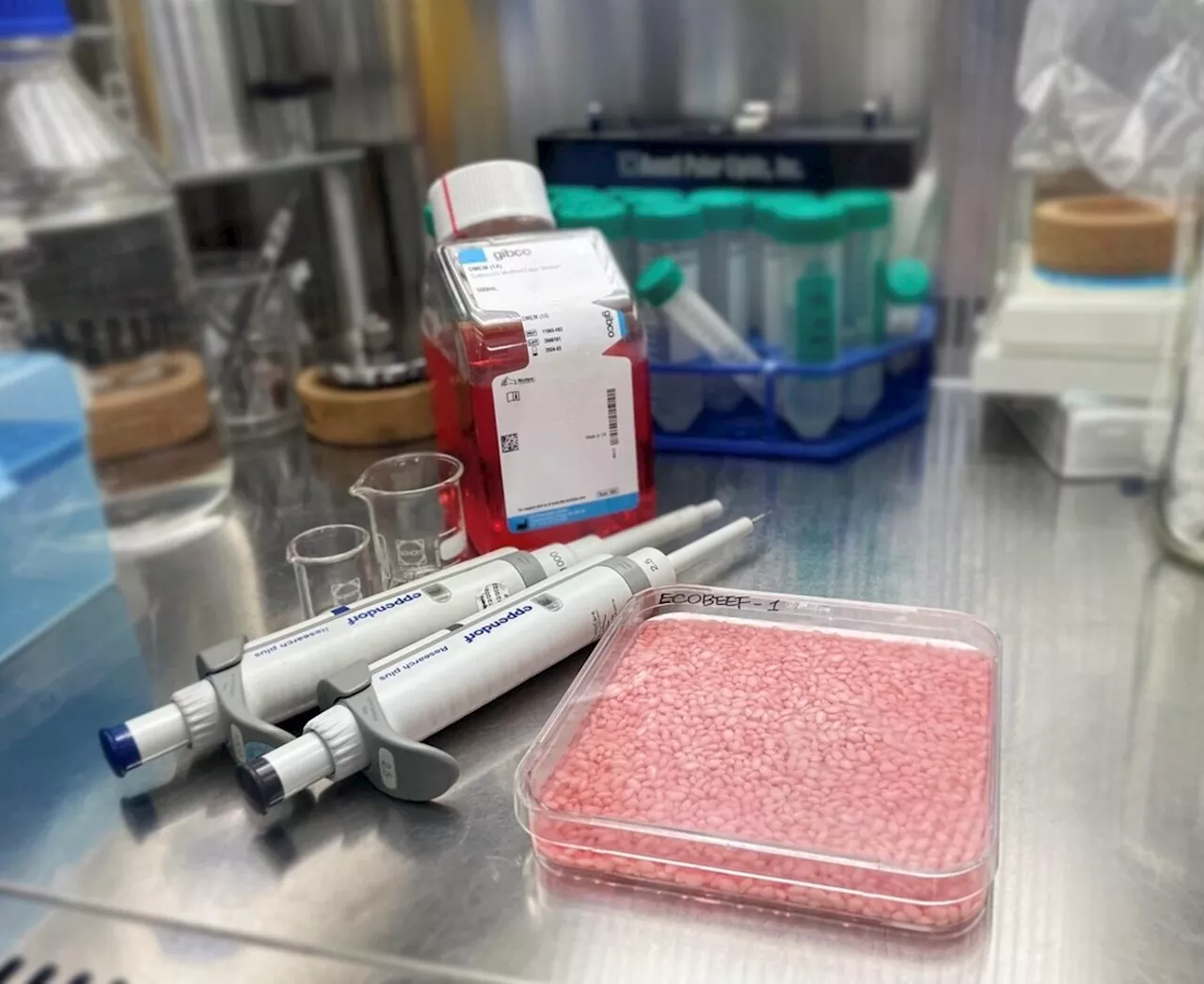Science, Space and Technology News 2024
Researchers at the University of Colorado Anschutz Medical Campus have discovered that inhibiting the Mdm2 protein with a drug called nutlin prevents the synaptic destruction associated with Alzheimer’s disease, offering a promising new avenue for therapy. This approach, which diverges from traditional strategies focusing on amyloid plaque removal, could potentially halt the disease’s progression and is set to undergo further testing in animal models.
“When this protein Mdm2 is turned on inappropriately it leads to pruning of the synapses when amyloid-b is present,” he said. Amyloid-b is the main component of amyloid plaques found in the brains of those with AD. “When we used the drug that inhibits Mdm2 on the neurons it completely blocked dendritic spine loss triggered by amyloid-b. So inhibiting this protein is clearly working.”
Dendritic spines protrude from dendrites, a component of neurons, and receive synaptic signals that are critical in learning and memory.Dell’Acqua, director of the Neurotechnology Center at the CU School of Medicine, noted that much of the research into AD therapies tends to focus on eradicating amyloid plaques in the brain.
“There are questions if anti-amyloid therapy is the be-all and end-all of AD therapy,” he said. “Even if you could tolerate the high cost, the effectiveness is questionable. We are saying that it may also be possible to intervene in the process by blocking some of the impacts of amyloid-b. And you could intervene by targeting Mdm2.”
The next step is determining whether they can block AD progression in an animal model. If so, human trials could happen in the future. Drugs that target Mdm2 are already developed and in clinical trials for cancer but still need FDA approval.Reference: “Amyloid-β-induced dendritic spine elimination requires Ca2+-permeable AMPA receptors, AKAP-Calcineurin-NFAT signaling, and the NFAT target gene Mdm2” by Tyler P. Martinez, Matthew E. Larsen, Emily Sullivan, Kevin M. Woolfrey and Mark L.
France Dernières Nouvelles, France Actualités
Similar News:Vous pouvez également lire des articles d'actualité similaires à celui-ci que nous avons collectés auprès d'autres sources d'information.
 South Korean scientists develop sustainable 'meaty rice'Scientists in South Korea have developed a new type of sustainable hybrid food—a 'meaty' rice that they say could help solve food crises and climate change.
South Korean scientists develop sustainable 'meaty rice'Scientists in South Korea have developed a new type of sustainable hybrid food—a 'meaty' rice that they say could help solve food crises and climate change.
Lire la suite »
 Scientists Develop Simple and Cost-Effective Early Diabetes TestScience, Space and Technology News 2024
Scientists Develop Simple and Cost-Effective Early Diabetes TestScience, Space and Technology News 2024
Lire la suite »
 Meet the Super DVD: Scientists Develop Massive 1 Petabit Optical DiskKiss your storage woes behind thanks to a new technique that houses data in 3D.
Meet the Super DVD: Scientists Develop Massive 1 Petabit Optical DiskKiss your storage woes behind thanks to a new technique that houses data in 3D.
Lire la suite »
 China: Scientists develop sensor to detect chemical weapons remotelyChinese scientists have developed a revolutionary new sensor to detect and monitor chemical weapon agents remotely.
China: Scientists develop sensor to detect chemical weapons remotelyChinese scientists have developed a revolutionary new sensor to detect and monitor chemical weapon agents remotely.
Lire la suite »
 Researchers develop molecules for a new class of antibiotics that can overcome drug resistant bacteriaAbout a decade ago, researchers began to observe a recurring challenge in their research: Some of the compounds they were developing to harness energy from bacteria were instead killing the microbes. Not good if the objective of the project was to harness the metabolism of living bacteria to produce electricity.
Researchers develop molecules for a new class of antibiotics that can overcome drug resistant bacteriaAbout a decade ago, researchers began to observe a recurring challenge in their research: Some of the compounds they were developing to harness energy from bacteria were instead killing the microbes. Not good if the objective of the project was to harness the metabolism of living bacteria to produce electricity.
Lire la suite »
 Researchers develop new glowing touchscreen that works underwaterScientists have made a breakthrough with an ALP facilitating underwater communication. Check out how this could be a game-changer for us.
Researchers develop new glowing touchscreen that works underwaterScientists have made a breakthrough with an ALP facilitating underwater communication. Check out how this could be a game-changer for us.
Lire la suite »
